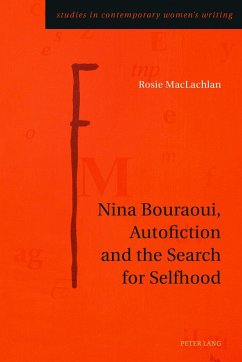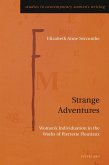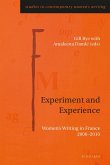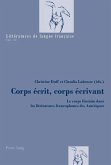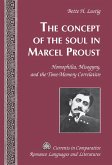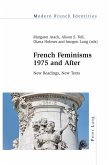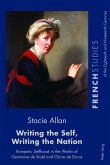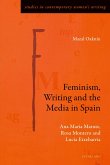The motif of the 'identity quest' features strongly in much contemporary French women's writing, but nowhere more so than in the work of Nina Bouraoui. Author of numerous books since 1991 and winner of the 2005 Prix Renaudot, Bouraoui persistently explores the question of self-expression in her work, experimenting with a variety of self-representational modes and emphasising the importance of language to the construction of her sense of self.
Considering the textual identities produced through Bouraoui's work in the period 1999-2011, this book examines how self-referential writing can represent a crucial act of resistance to a number of contemporary problems, including race, gender and social isolation. Using the work of Monique Wittig and Judith Butler to theorise the transformative potential of the literary text, the author proposes autofiction as a uniquely unrestricted space, which for writers such as Bouraoui may provide the only medium through which to formulate a coherent and manageable sense of self.
Considering the textual identities produced through Bouraoui's work in the period 1999-2011, this book examines how self-referential writing can represent a crucial act of resistance to a number of contemporary problems, including race, gender and social isolation. Using the work of Monique Wittig and Judith Butler to theorise the transformative potential of the literary text, the author proposes autofiction as a uniquely unrestricted space, which for writers such as Bouraoui may provide the only medium through which to formulate a coherent and manageable sense of self.

